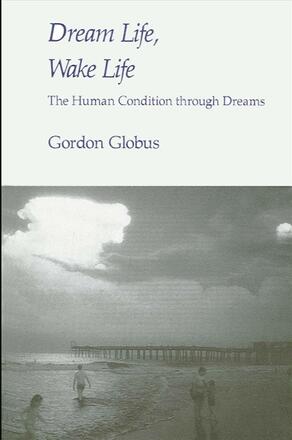
Dream Life, Wake Life
Alternative formats available from:
Investigates the human condition through dreaming.
Description
Attempts to understand the human condition through dreaming reach back to antiquity, especially in such classical Indian philosophical texts as the Rg Veda and the Upanisads. In a more contemporary vein, Dream Life, Wake Life continues this investigation, as it views the dream as an open window on the waking human condition.
The book discusses the major twentieth-century contributions to dream theory, beginning with Freud's 1900 psychoanalytical theory of dreaming and continuing through Jung's transpersonal and Boss's existential approaches. Recent phenomenological, cognitive, and biological developments are also considered.
Dream Life, Wake Life addresses human creativity as illuminated by dreaming. While Freud held a "transformative" view of dreaming in which dream life is secondhand, formed by combining memory traces of diverse past waking experiences into novel compositions, Gordon G. Globus sees the process as creative, the fundamental creative action inherent in the human condition.
Gordon G. Globus, MD, is Professor of Psychiatry and Human Behavior at the University of California at Irvine, and Director of Training and Program Development at the University of California Irvine Psychiatry Service, Capistrano by the Sea Hospital.
Reviews
"Dream Life, Wake Life presents an original, clearly explained theory of dreams and associated mental mechanisms that is based on a broad interdisciplinary background, including phenomenology, analytical philosophy, psychoanalysis, and contemporary cognitive psychology. " — Quentin Smith